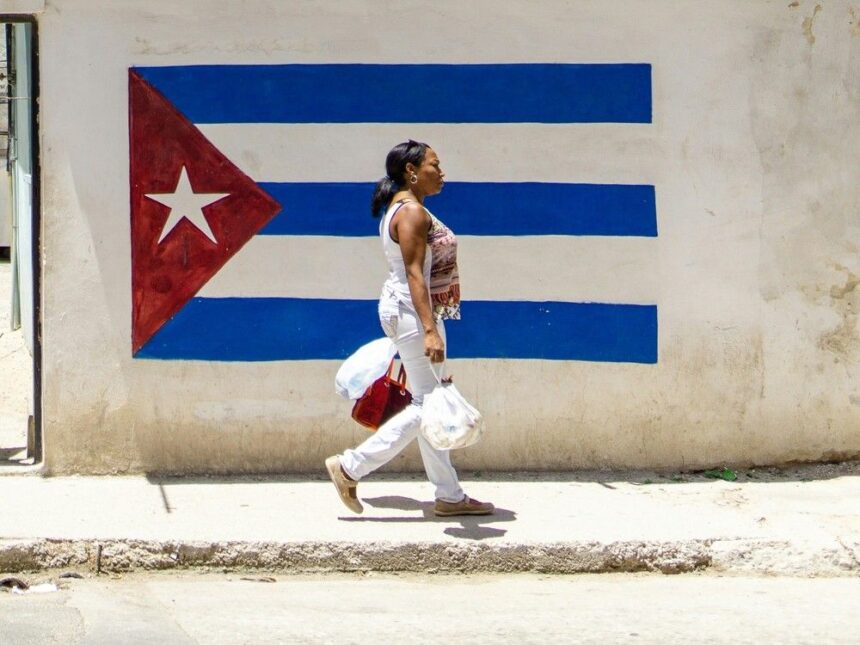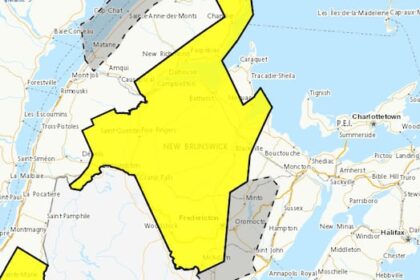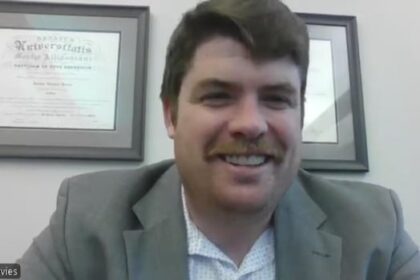Published Jun 11, 2025 • 4 minute readContext, historical experience and cultural patterns and values are critical to grappling with the thorny issue of human rights in Cuba, writes Peter McKenna. Photo by MJ Haru /UnsplashThe invocation of human rights discourse in Cuba is sensitive and often controversial.I vividly remember my first trip to Cuba in the mid-1990s, where we (I was travelling with a group of students from Saint Mary’s University in Halifax) visited the Cuban Institute of Friendship with the Peoples (ICAP) in Havana. When a question-and-answer discussion started, I asked about Cuba’s human rights record within the country. The room suddenly grew quiet.THIS CONTENT IS RESERVED FOR SUBSCRIBERS ONLY.Subscribe now to access this story and more:Unlimited access to the website and appExclusive access to premium content, newsletters and podcastsFull access to the e-Edition app, an electronic replica of the print edition that you can share, download and comment onEnjoy insights and behind-the-scenes analysis from our award-winning journalistsSupport local journalists and the next generation of journalistsSUBSCRIBE TO UNLOCK MORE ARTICLES.Subscribe or sign in to your account to continue your reading experience.Unlimited access to the website and appExclusive access to premium content, newsletters and podcastsFull access to the e-Edition app, an electronic replica of the print edition that you can share, download and comment onEnjoy insights and behind-the-scenes analysis from our award-winning journalistsSupport local journalists and the next generation of journalistsRegister to unlock more articles.Create an account or sign in to continue your reading experience.Access additional stories every monthShare your thoughts and join the conversation in our commenting communityGet email updates from your favourite authorsSign In or Create an AccountorArticle contentBut, as is often the case, the Cuban representatives attending the session were more than happy to entertain my query. They wanted to make clear to the group that context, historical experience and cultural patterns and values are critical to grappling with such a thorny issue.Read More PETER McKENNA: Grappling with the daily trials and tribulations of ordinary Cubans Author of the article: PETER McKENNA: How are undocumented migrants being treated in Trump’s America? GREATER UNDERSTANDINGI want to be very clear myself from the outset that this op-ed piece is not about defending or excoriating Cuba’s human rights record. Readers can visit the country, talk to the people, and see for themselves. This piece hopes to foster greater understanding and context and spur debate.Secondly, let’s set to one side whether Western liberal democratic countries actually respect the political and civil rights of their own citizens. There is plenty of examples and evidence that they don’t.Article contentAs a socialist and revolutionary country, Cuba gives more prominence to social policy challenges – as opposed to Western-style civil and political rights – and thus values economic, social and cultural rights or responsibilities. For them, the emphasis is on the valuing of “human” life, as became clear during the ICAP discussion, and rests on advancing Cubans’ human dignity, taking care of their basic human needs and tending to their overall welfare.Cuban President Fidel Castro, in an October 1979 speech before the UN General Assembly, stated emphatically: “I speak on behalf of those who have been denied the right to life and human dignity.”Put another way, governmental preference should be given to collective or group rights/interests and not individual civil and political rights.COLLECTIVE RIGHTSIt is also true that Global North free and fair elections are absent in Cuba, as are constitutionally-mandated press freedoms and, most important, the right to engage in political dissent. Moreover, the Madrid-based non-governmental organization, Prisoners Defenders, maintains that there were over 1,000 political prisoners in Cuban jails in 2024.Article contentOn the other hand, the Cuban government gives priority to responsibilities (as advanced by a socialist state that embodies the people) around equality, family, labour and, most significantly, community or group rights. Again, the focus revolves around human dignity, economic sustenance and ensuring that basic needs are met.For instance, the state seeks to keep the cost of housing low, subsidizes housing materials and offers low-cost rental fees. To a large extent (and these days everything is in short supply in Cuba), access to decent health care, education (including at the university level), a job and a small retirement pension are all guaranteed by the Cuban government.Socially speaking, Cuba has legally entrenched same-sex marriage (and adoption rights), prohibits discrimination based on gender, identity and sexual orientation and has recognized transgender people (and made gender affirmation surgery available for free). It has also codified responsibilities for equal family responsibilities for children, a family life free from violence and an inclusive LGBTQ public health and education program. Much work, of course, still remains to be done in these areas.Article contentCOLONIAL HISTORYIt is instructive to note that Cuba’s turbulent and troubled history has been shaped by colonial dominance (by Spain and then the United States) that was characterized by economic exploitation, a sugar plantation economy and violent slavery and political repression. However, during these periods there was no cultural transplanting of any conception of the inalienable political rights of individual human beings.After 1959, socialist Cuba began to place higher priority on modernization/industrialization, counter-dependency, an end to economic subjugation and the fulfilment of basic economic and social rights (given its abject poverty) within the wider community. And it was clearly Spanish and U.S. colonization that reinforced among the Cuban people the notion of group cohesion, oneness and the emergence of a resilient value system.Article contentAccordingly, the Cuban state took on the core role of developing the country economically and socially with the purported best interests of its people in mind. Any interest in entrenching individual political rights had to take a back seat to ensuring human dignity for everyone and redistributing the fruits of a state-driven developing economy – as well as guaranteeing freedom from starvation, freedom from exploitation and the satisfaction of basic human needs.Of course, governmental promises and pledges around human rights are not the same thing as actual positive results on the ground – as we have seen in Cuba, the Global South and the industrialized North.Looking forward, though, can the Cuban state fulfill its social and economic responsibilities to the people without embracing free market capitalism? Or, will the manifestations of those rights (e.g., access to health care, education and state entitlements) fall prey to the profit motive and rugged individualism? And will traditional Cuban values of group-mindedness, looking out for the welfare of others and sharing what they have still remain over time?Lots of questions. Very few answers, I’m afraid.Peter McKenna is professor of political science at the University of Prince Edward Island in Charlottetown. Article content
PETER McKENNA: How does Cuba contextualize the thorny issue of human rights?











